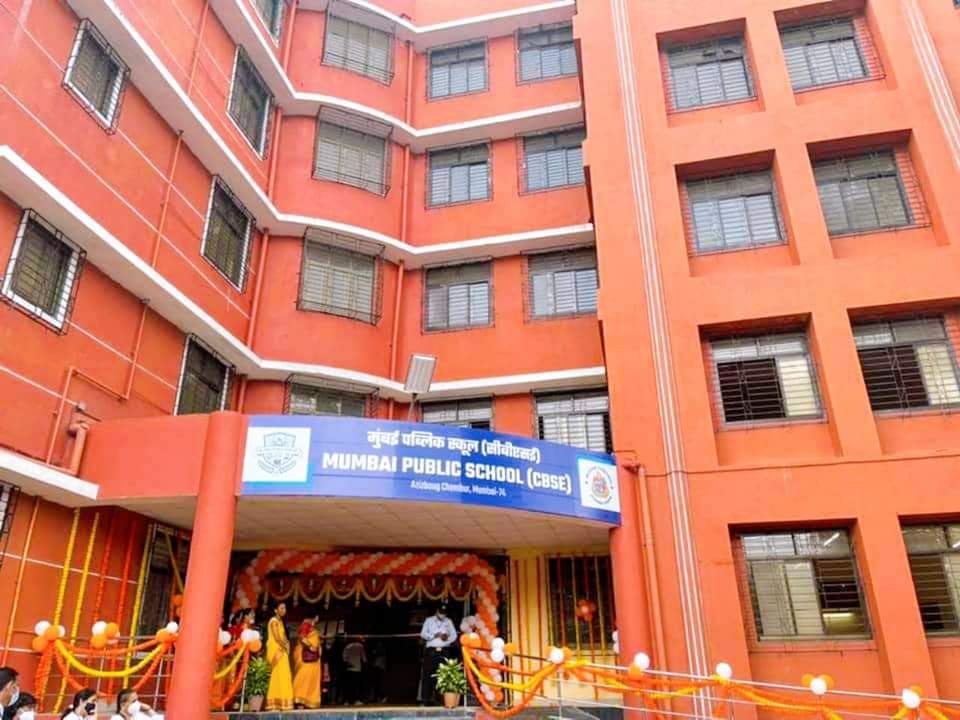Mumbai has over 4000 schools and several lakh children enrolled in various private and public schools. Last year more than three lakh children appeared for class 10 exams under the state board alone. With a population of over 20 million, the need for affordable education has never been more urgent.
Setting up a school, especially in a bustling metropolis like Mumbai, involves navigating through a complex web of rules and laws to ensure a safe and conducive learning environment. The local administration, mainly the Municipal Corporation of Greater Mumbai (MCGM), oversees the educational landscape in the city.
Legalities
The Right of Children to Free and Compulsory Education Act (RTE Act), 2009, mandates that all recognised schools comply with certain infrastructure and teacher-student ratio standards. It provides every child of the age of six to fourteen years the right to free and compulsory education in a neighbourhood school till the completion of elementary education.
Before starting your venture, you first need to register as a legal entity like a Trust, Society, or Section 8 (formerly Section 25) Company, which will oversee the school’s operations. In order to prove the non-profit motive of your board/committee, you can get it registered as a society under the Societies registration Act, 1860.
Next, choose an educational board for affiliation, such as CBSE (Central Board of Secondary Education) – a national-level board in India, ICSE (Indian Certificate of Secondary Education) – a national-level board that focuses on the basics and foundations of concepts, or the State board – which is different in every state and is designed for the specific state to teach students about their region, state, local language, history and more.
There are other boards from which one can choose like the International Baccalaureate (IB) and Cambridge IGCSE.
The school must also apply for recognition from the State Education Department. Recognition is essential for the school to be legally operational.

Land and infrastructure
Acquire a suitable land and ensure it meets the requirements specified by the local municipal corporation. The location of the school should also comply with zoning regulations.
In case you want to buy land from the government for the school, you will first be required to procure a no objection certificate (NOC) from the Mumbai University. After which the Essentiality Certificate (EC) is issued by the Directorate of Education (DOE) that certifies the requirement of a school in a particular area by inspecting a particular zone and accordingly finalising the license.
After obtaining the EC you can submit it to the Municipal Corporation of Greater Mumbai (MCGM) to procure the land which will be provided at subsidised rates.
According to the MGCM, the allocated Floor Space Index (FSI) should be utilised for bonafide educational purposes only. Also, the educational institute has to file an undertaking to abide by the cited terms and conditions before utilising the FSI.
The educational institution should also obtain various approvals and permissions, including a fire safety clearance, building plan approval, and health department clearance. The school’s infrastructure should comply with the standards set by the chosen educational board. This includes classroom size, playgrounds, libraries, clean drinking water, labaratories, and sanitation facilities.
Read more: NEP roll out: Mumbai institutes prepare for the New Education Policy
Teaching and curriculum
It is important to hire qualified teachers and staff as per the educational board’s guidelines and maintain records of their qualifications. For primary school teachers, it is mandatory to complete high school and DEd, apart from clearing the Teacher Eligibility Test (TET). For those wanting to join the senior school, candidates must complete their graduation and BEd as well as crack the TET.
Developing a curriculum based on the guidelines of the chosen educational board is crucial, which should focus on the holistic development of the students.
In the lower school, an emphasis should be placed on developing foundational skills. This includes language skills such as speaking, listening, and foundational literacy; foundational maths skills, age-appropriate social and emotional skills; and physical /sensory-motor development.
In middle school, a more balanced approach should be adopted. Students continue to work on foundational skills along with their academic content. While in high school, the focus shifts to supporting the students academically as they start deciding their future career paths.

Admissions and fees
Create a transparent admission process that adheres to the RTE Act guidelines prohibiting discrimination. Also reserving a percentage of seats for disadvantaged groups should be done.
According to the RTE Act, 2009, “children belonging to weaker sections and disadvantaged groups should not be discriminated against and prevented from pursuing and completing elementary education on any grounds”.
Children belonging to disadvantaged groups means a child belonging to the Scheduled Caste, Scheduled Tribe, or Backward Class as specified by the Government. It also includes orphans, migrants, street children, children in foster care, children with special needs and HIV-infected children. Schools shall safeguard the interests of children belonging to disadvantaged groups, according to the RTE Act.
The fee structure of all the schools in the state has to be approved by the Fees Regulatory Authority (FRA). Decide on the fee structure, ensuring it’s reasonable and in compliance with government regulations. Transparency in fee collection is crucial.
According to the state’s Regulation of Admissions and Fees Act, 2015 – “Every institution shall display on its notice board, the course-wise fees as approved by the Fees Regulating Authority and on its website in Marathi and English, provided that, in case of linguistic minority institutions, the display shall also be in the language of the minority to which such, institution belongs and shall be binding on the students and the institution.”
The Educational Institution shall also maintain records of free/concessional education, furnish such records periodically, and make them available to the Directors of School Education/Higher & Technical Education, GoM on demand.
Useful resources for required information
Establishing a school in Mumbai requires a thorough understanding of the rules and laws governing educational institutions. It involves meticulous planning, legal documentation, infrastructure development, and continuous compliance with regulatory bodies.
Navigating these regulations diligently ensures a successful and legally sound educational institution in the vibrant city of Mumbai. Following resources can come in handy while doing research on rules and regulations for setting up a school in Mumbai.
- RTE Act 2009 – https://www.education.gov.in/sites/upload_files/mhrd/files/upload_document/RTE_Section_wise_rationale_rev_0.pdf
- Guidelines to curb malpractice according to RTE Act 2009 – https://www.education.gov.in/sites/upload_files/mhrd/files/upload_document/Guidelines%20RTE.pdf
- Fees Regulatory authority of Maharastra – https://ay23-24.mahafraportal.org/ssi_prp_22/index.php
- BMC Education Department – Apply for school permission – https://portal.mcgm.gov.in/irj/portal/anonymous?NavigationTarget=navurl://0eb8384392c749df7ececf534be7771d&guest_user=english